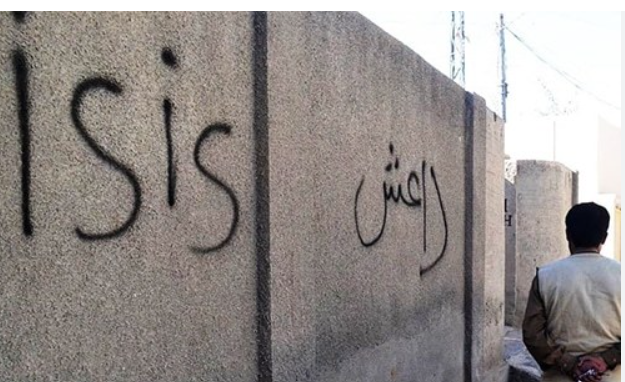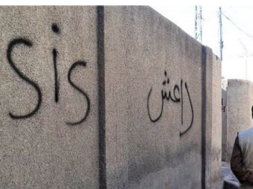
Roving Periscope: Going to NA polls in Feb, even a terror-friendly Pakistan fears ISIS’ entry
Virendra Pandit
New Delhi: Terror, Pakistan’s state policy, is coming home to roost.
The multiple terror ‘assets’ Pakistan has raised, networked, controlled, funded, sponsored, protected, and launched against India and others in the last four decades were like teenagers.
The biggest bad boy of them all—the ultra-Sunni Islamic State of Iraq and Syria (ISIS), free from any governmental control anywhere—is now ready to thrive in Pakistan, which is battling a near-bankrupt economy, social strife, separatism—and the chaotic February 8 elections to the National Assembly, amid rejection of poll nominations opposing the next blue-eyed boy of the Army—Nawaz Sharif.
No, ISIS is not dead as many believed. It has regrouped and trying to revive the Caliphate after a century of its demise. And it finds Pakistan the most fertile ground for growth, by eliminating its rivals and acquiring, merging, and consolidating other Islamist terror groups with itself.
Even in a terror-normalized Pakistan, a ministry has warned the Senate of a major threat of an ISIS foothold in the South Asian country, the media reported on Wednesday.
The Ministry of Interior said Daesh (an Arabic acronym for the self-proclaimed Islamic State terror group) has started terrorist activities against Shias and religious minority communities to ignite sectarian strife in the Islamic country.
Pakistan, which is already plagued with an influx of Tehreek-i-Taliban terrorists in significant numbers in the restive Khyber Pakhtunkhwa’s tribal districts, is also facing a major threat from ISIS now, the ministry said.
Its statement came as the Senate was briefed about the escalating influence and activities of the TTP following the withdrawal of US troops from Afghanistan in 2022 and the inaction of the interim Afghan government led by the Taliban against the banned group.
The ministry, in a written reply during the Question Hour in the Senate, highlighted the TTP’s reorganization and operational expansion, ironically during the ‘peace talks’ in 2022, which has significantly increased its terror activities.
“It has given significant rise to its activities and is seeking the support of other terror groups to increase strength and capabilities. It is mostly concentrated in Khyber Pakhtunkhwa, especially merged districts, with footprints in Baluchistan and trying to activate its network in the country,” it said.
The arrival of TTP in significant numbers continues in merged districts, along with the recruitment, training, and placing of suicide bombers, is a cause of concern.
The government said the fencing along the western borders of Pakistan had largely been completed to further strengthen the state mechanism of curbing the illegal movement from across the border. However, it pointed out that the two organizations, particularly the TTP, continued to sabotage the fence.
Pakistan started fencing its porous borders with Afghanistan in March 2017, after facing a spate of deadly attacks from Afghanistan-based terrorist groups in the previous year.
The barrier, built on the 2,640-km border, also known as the Durand Line, is nearing completion. It passes through rugged mountains, densely forested valleys, and narrow rock passages.
Terrorists, often with the support of the Afghan Taliban, have ramped up their attacks since they revoked a ceasefire with the Pakistani government in November 2022.
In their deadliest attack on security forces in 2023, at least 23 Pakistan Army soldiers died and more than 30 troops were wounded on December 12 after terrorist members of Tehreek-i-Jihad Pakistan stormed a compound used by the military in Dera Ismail Khan’s Daraban area.
The ministry also said data of 1.45 million registered refugees was updated and expanded through the issuance of smart identity cards. “The cards contain basic information, including biometric data, and are compatible with the local systems,” it said.
About dismantling the communication networks to combat the online spread of extremism, it said the Pakistan Telecommunication Authority was actively monitoring cyberspace.
“A total of 16,522 complaints were forwarded to social media platforms for blocking radical/sectarian, anti-state, and terrorist content during 2022,” it said.













